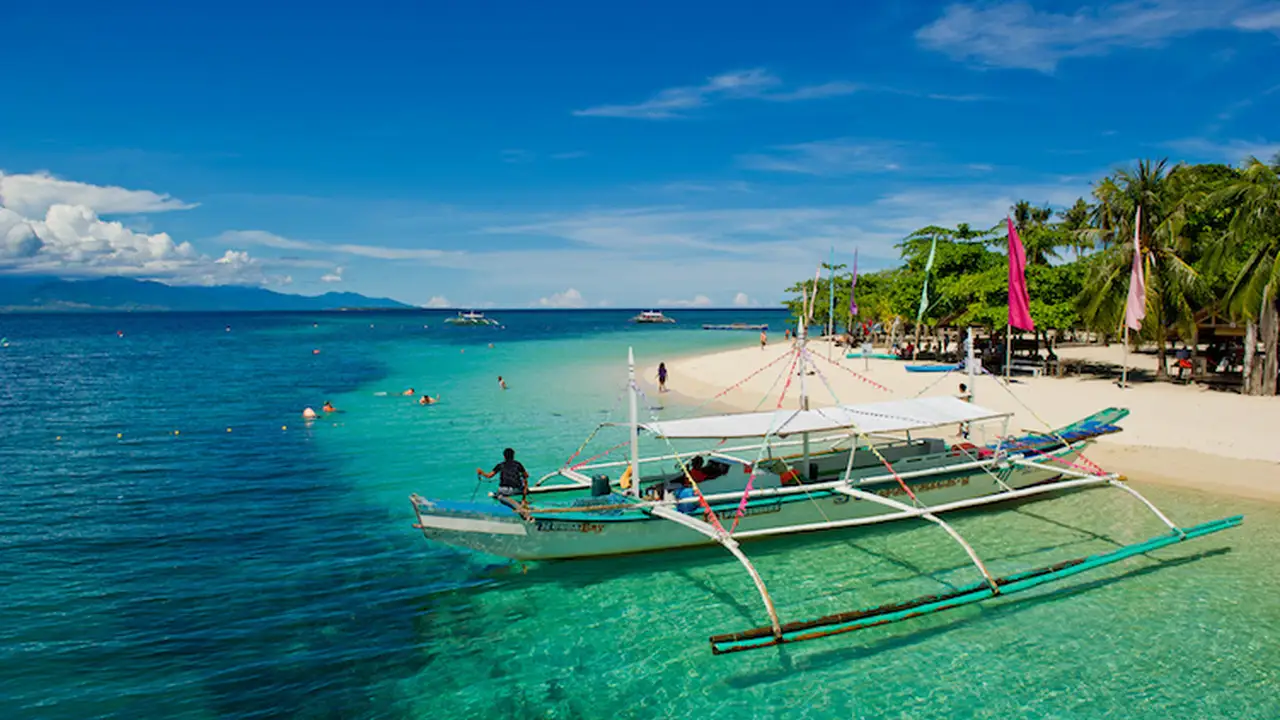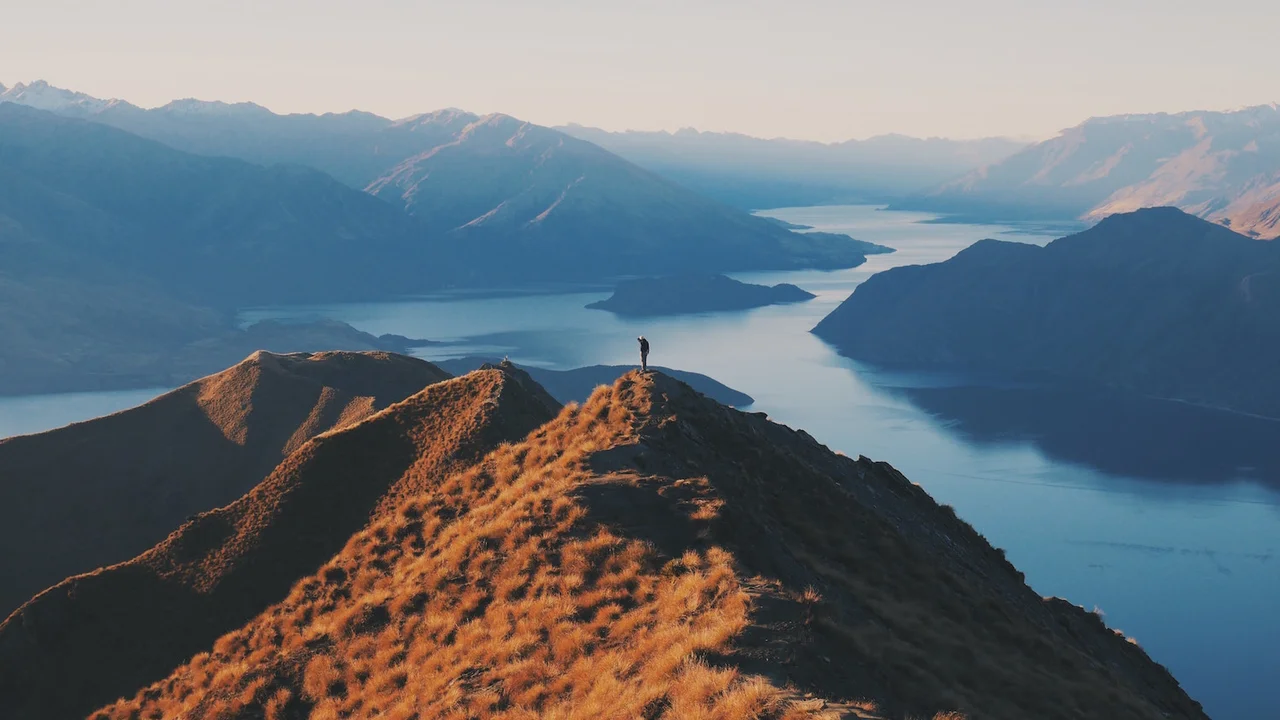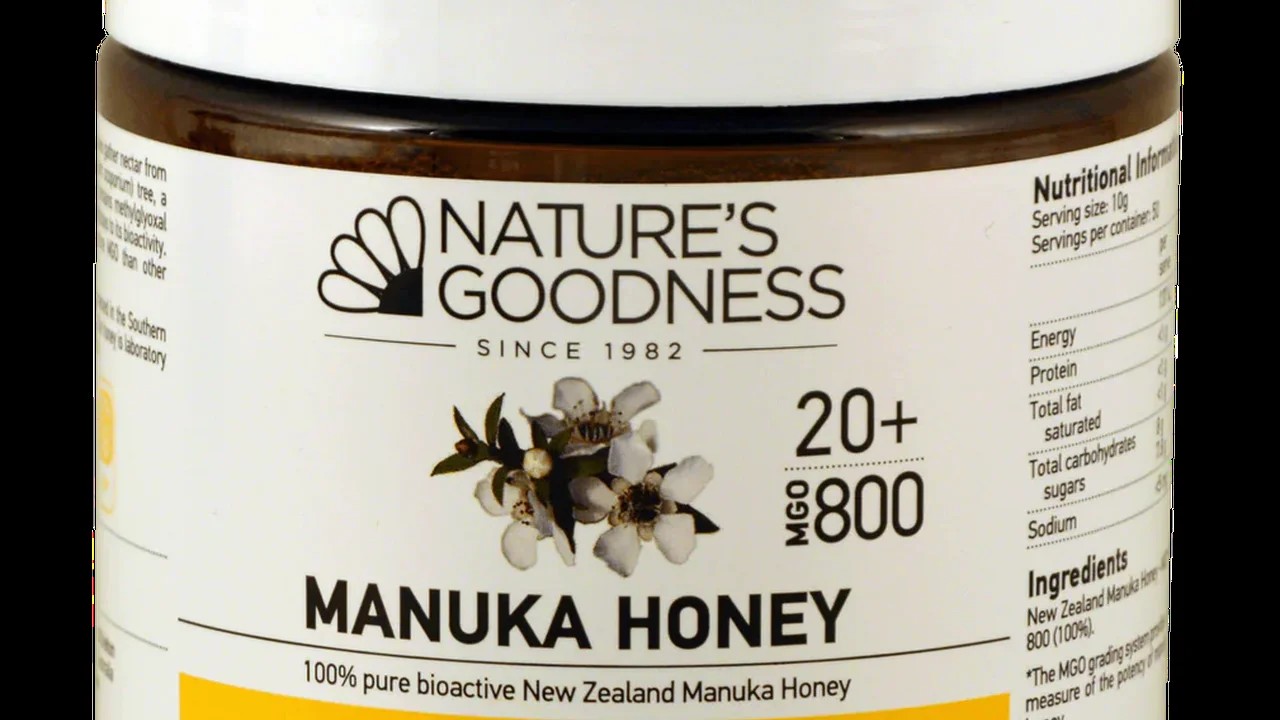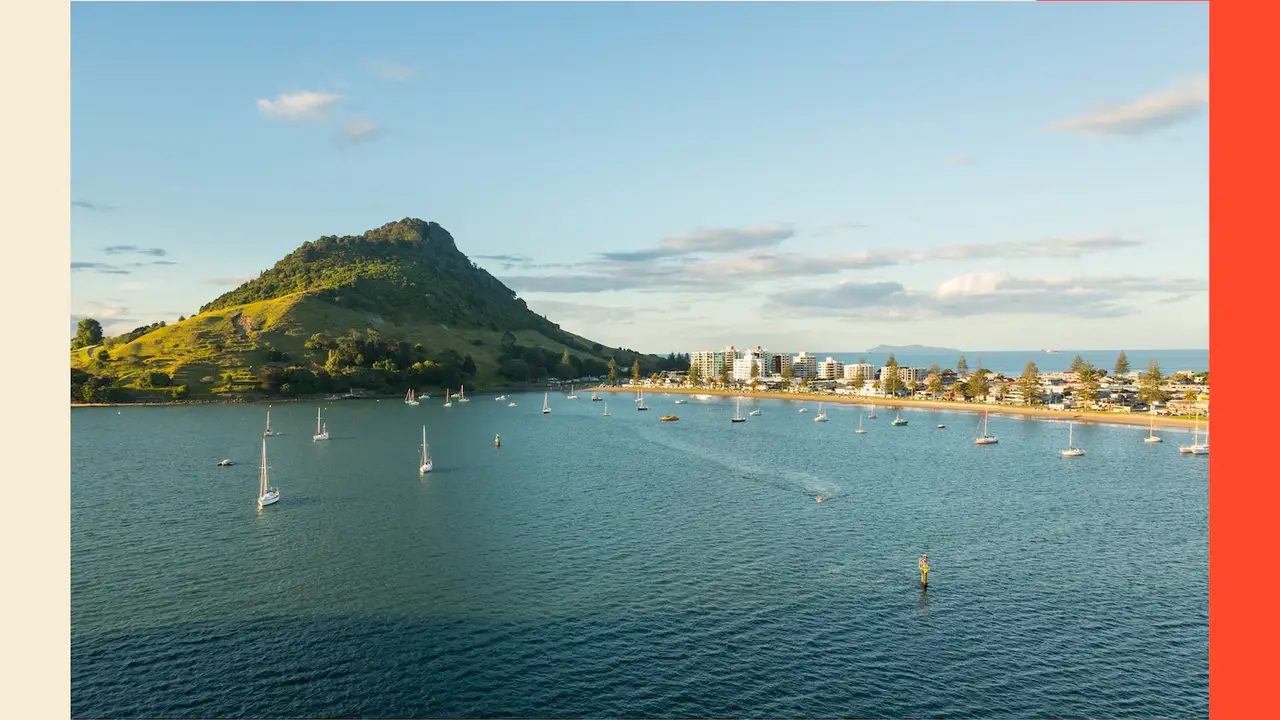First-Time Traveler's Guide to New Zealand
Sample meta description.
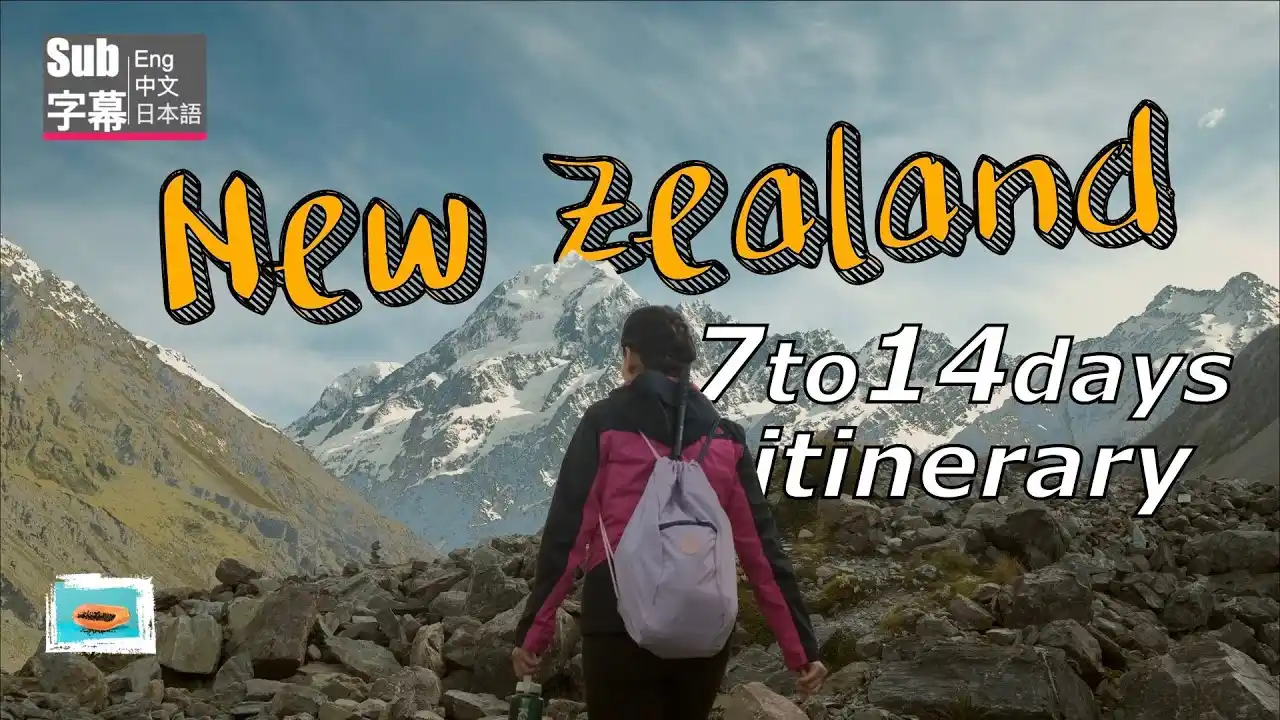
Planning Your New Zealand Adventure Essential Tips for First Timers
So, you're heading to New Zealand? Awesome choice! It's a land of breathtaking landscapes, friendly locals, and adventures galore. But planning your first trip can feel a little overwhelming. Don't worry, this guide is here to help you navigate the process and make sure you have an unforgettable experience.
When to Go The Best Time to Visit New Zealand
New Zealand's seasons are opposite to those in the Northern Hemisphere. Summer (December-February) is peak season, with warm weather perfect for hiking, swimming, and outdoor activities. Expect higher prices and more crowds. Autumn (March-May) offers stunning foliage and pleasant temperatures. Winter (June-August) is ideal for skiing and snowboarding, especially in the South Island. Spring (September-November) brings blooming flowers and milder weather, a great time for hiking and exploring.
Visa and Entry Requirements Getting Ready for New Zealand
Most nationalities can enter New Zealand for tourism without a visa for a certain period. Check the New Zealand Immigration website to see if you need a visa and what the requirements are. You'll also need a valid passport with at least three months of validity beyond your intended stay.
Budgeting for Your Trip How Much Does New Zealand Cost?
New Zealand can be an expensive destination, but it's possible to travel on a budget. Accommodation ranges from hostels to luxury hotels. Food costs can be reduced by cooking your own meals. Transport options include rental cars, buses, and trains. Activities can add up, so prioritize what you really want to do.
Here's a rough estimate of daily costs:
- Budget traveler: NZD $80-120 (hostel, self-catering, public transport)
- Mid-range traveler: NZD $150-300 (motel, some meals out, rental car)
- Luxury traveler: NZD $300+ (hotels, restaurants, private tours)
Getting Around Exploring New Zealand
Rental Car: The most popular option for exploring New Zealand is renting a car. It gives you the freedom to go where you want, when you want. Consider renting a 4WD vehicle if you plan on driving on unsealed roads. Companies like Hertz, Avis, and Europcar are widely available. Prices vary depending on the season and vehicle type, but expect to pay around NZD $50-100 per day.
Campervan: A great option for combining accommodation and transport. You can find campervans of all sizes, from small vans to large motorhomes. Companies like Britz, Maui, and Apollo offer a range of options. Prices range from NZD $80-200+ per day.
Bus: A budget-friendly option for getting around. Companies like InterCity and Nakedbus offer nationwide services. It's a good way to see the scenery, but it can be slower than driving.
Train: New Zealand has a limited rail network, but the scenic routes are worth considering. The TranzAlpine train from Christchurch to Greymouth is particularly stunning.
Accommodation Options Where to Stay in New Zealand
Hostels: A budget-friendly option for solo travelers and backpackers. Hostels offer dorm rooms and private rooms, and often have communal kitchens and social areas. YHA and Nomads are popular hostel chains.
Motels: A good option for families and those looking for more privacy. Motels offer self-contained units with kitchen facilities.
Hotels: A wide range of hotels are available, from budget-friendly options to luxury resorts. Major hotel chains like Hilton and Marriott have properties in New Zealand.
Airbnb: A great option for finding unique accommodation, from apartments to houses. You can find properties in all price ranges.
Must-See Destinations New Zealand Highlights
North Island:
- Auckland: New Zealand's largest city, known for its harbor, beaches, and vibrant culture.
- Rotorua: A geothermal wonderland with geysers, hot springs, and Maori cultural experiences.
- Bay of Islands: A subtropical paradise with stunning beaches, islands, and marine life.
- Waitomo Caves: Home to glowworms, underground rivers, and adventure activities.
- Tongariro National Park: A UNESCO World Heritage Site with stunning volcanic landscapes and hiking trails.
South Island:
- Christchurch: A city recovering from earthquakes, with a vibrant arts scene and beautiful gardens.
- Queenstown: The adventure capital of New Zealand, with activities like bungee jumping, white-water rafting, and skiing.
- Milford Sound: A stunning fiord with towering cliffs, waterfalls, and wildlife.
- Franz Josef Glacier & Fox Glacier: Glaciers that descend into rainforests, offering hiking and ice climbing opportunities.
- Lake Tekapo: A stunning turquoise lake with the Church of the Good Shepherd and stargazing opportunities.
Essential Gear Packing List for New Zealand
Packing for New Zealand depends on the season and activities you plan to do. Here's a general packing list:
- Clothing: Layers are key, as the weather can change quickly. Pack a waterproof jacket, fleece or sweater, t-shirts, long-sleeved shirts, hiking pants, and comfortable shoes.
- Footwear: Hiking boots are essential if you plan on doing any hiking. Comfortable walking shoes are also a must.
- Sun protection: Sunscreen, sunglasses, and a hat are essential, even on cloudy days.
- Insect repellent: Sandflies can be a nuisance, especially in the South Island.
- First-aid kit: Include essentials like bandages, antiseptic wipes, pain relievers, and any personal medications.
- Adapter: New Zealand uses a type I plug, so you'll need an adapter if your devices use a different type.
- Camera: You'll want to capture the stunning scenery!
Top Travel Products for Your New Zealand Trip
Here are some recommended products to enhance your New Zealand travel experience:
Hiking Boots Salomon X Ultra 4 GTX
Description: These hiking boots are lightweight, waterproof, and provide excellent support and traction. They're perfect for tackling New Zealand's diverse trails, from easy walks to challenging hikes.
Usage Scenario: Ideal for hiking in Tongariro National Park, Abel Tasman National Park, or any other trails you encounter.
Comparison: Compared to the Merrell Moab 2, the Salomon X Ultra 4 GTX offers better ankle support and a more aggressive outsole for improved grip. The Hoka Speedgoat 5 is a lighter option, but less durable.
Price: Approximately $150-180 USD.
Travel Backpack Osprey Atmos AG 65
Description: A comfortable and durable travel backpack with Anti-Gravity suspension for excellent weight distribution. It's perfect for carrying your gear on multi-day hikes or backpacking trips.
Usage Scenario: Suitable for backpacking the Routeburn Track, Kepler Track, or any other multi-day hiking adventure.
Comparison: Compared to the Gregory Baltoro 65, the Osprey Atmos AG 65 is lighter and offers better ventilation. The Deuter Aircontact Lite 65+10 is a more affordable option, but less comfortable for heavier loads.
Price: Approximately $280-320 USD.
Portable Power Bank Anker PowerCore 20100
Description: A high-capacity portable power bank that can charge your phone multiple times. Essential for keeping your devices powered up when you're on the go.
Usage Scenario: Useful for charging your phone, camera, or other devices while hiking, camping, or traveling in remote areas.
Comparison: Compared to the Mophie Powerstation PD, the Anker PowerCore 20100 offers a higher capacity at a lower price. The RAVPower 26800 is another good option with even more capacity, but it's larger and heavier.
Price: Approximately $40-50 USD.
Travel Insurance World Nomads
Description: Comprehensive travel insurance that covers medical expenses, trip cancellations, lost luggage, and other unexpected events. Essential for protecting yourself against unforeseen circumstances.
Usage Scenario: Provides peace of mind while traveling in New Zealand, knowing that you're covered in case of an emergency.
Comparison: Compared to other travel insurance providers like Allianz and Travel Guard, World Nomads offers more flexible coverage options and is specifically designed for adventure travelers.
Price: Varies depending on the length of your trip and the level of coverage you choose.
Safety Tips Staying Safe in New Zealand
New Zealand is a safe country, but it's still important to take precautions.
- Be aware of your surroundings: Pay attention to your surroundings and avoid walking alone at night in unfamiliar areas.
- Protect your belongings: Keep your valuables safe and avoid leaving them unattended.
- Be prepared for the outdoors: Check the weather forecast before heading out on a hike and be prepared for changing conditions.
- Drive safely: New Zealand's roads can be challenging, especially in the mountains. Drive carefully and be aware of other drivers.
- Respect the environment: Leave no trace behind and respect the local flora and fauna.
Maori Culture and Etiquette Respecting the Local Culture
Maori culture is an integral part of New Zealand's identity. Here are some things to keep in mind when interacting with Maori people:
- Learn a few basic Maori phrases: Kia ora (hello), tena koe (greetings to you), and haere mai (welcome).
- Show respect for Maori customs: If you're visiting a marae (Maori meeting ground), follow the protocols and customs.
- Be mindful of sacred sites: Some sites are considered tapu (sacred) and should not be disturbed.
- Support Maori businesses: Look for Maori-owned businesses and products to support the local economy.
Food and Drink Exploring New Zealand Cuisine
New Zealand offers a diverse culinary scene, with influences from Maori, European, and Asian cultures.
- Try traditional Maori food: Hangi is a traditional Maori cooking method that involves steaming food in an underground oven.
- Sample local seafood: New Zealand is known for its fresh seafood, including mussels, oysters, and whitebait.
- Taste New Zealand wine: New Zealand produces world-class wines, particularly Sauvignon Blanc and Pinot Noir.
- Enjoy a flat white: A popular coffee drink that originated in New Zealand.
- Indulge in a pavlova: A meringue-based dessert topped with whipped cream and fruit.
Enjoy Your Trip Embrace the Adventure
New Zealand is a truly special place, and I hope this guide has helped you plan your first trip. Remember to be open to new experiences, embrace the adventure, and enjoy the stunning scenery. Have an amazing time!
:max_bytes(150000):strip_icc()/277019-baked-pork-chops-with-cream-of-mushroom-soup-DDMFS-beauty-4x3-BG-7505-5762b731cf30447d9cbbbbbf387beafa.jpg)



